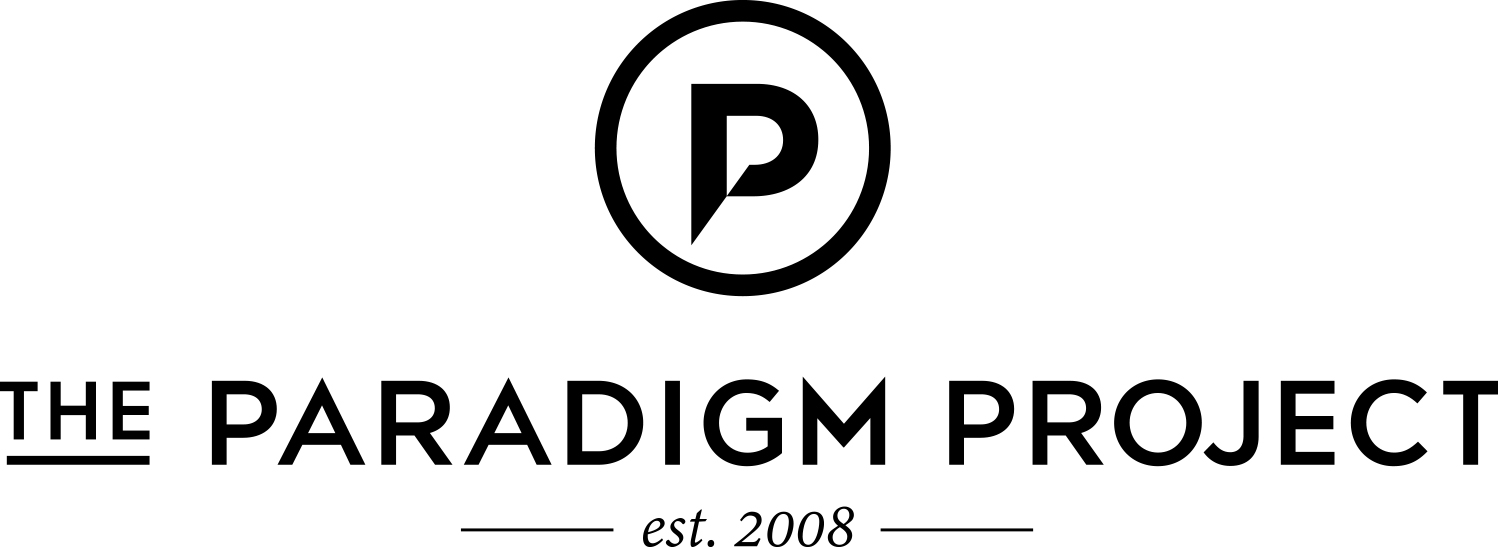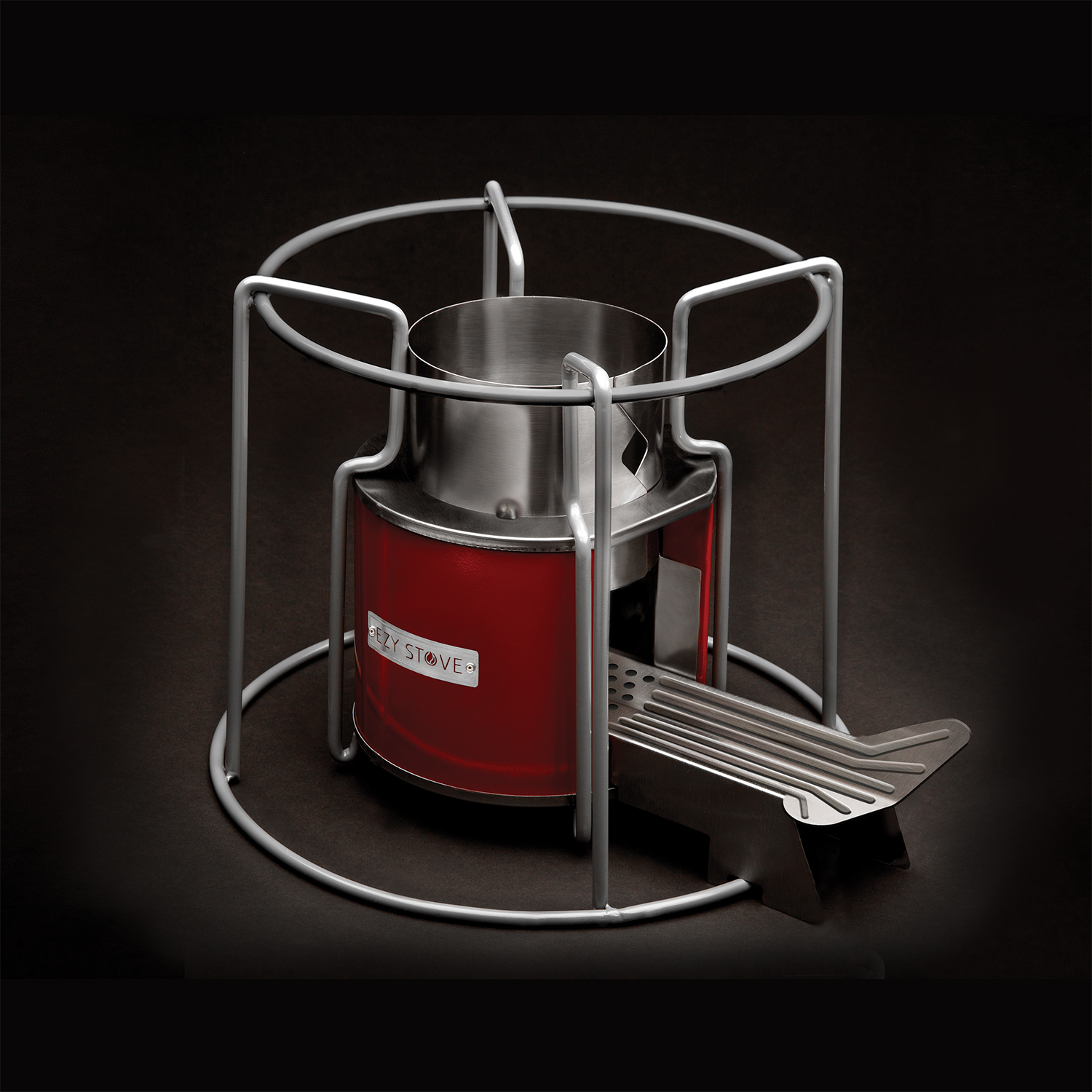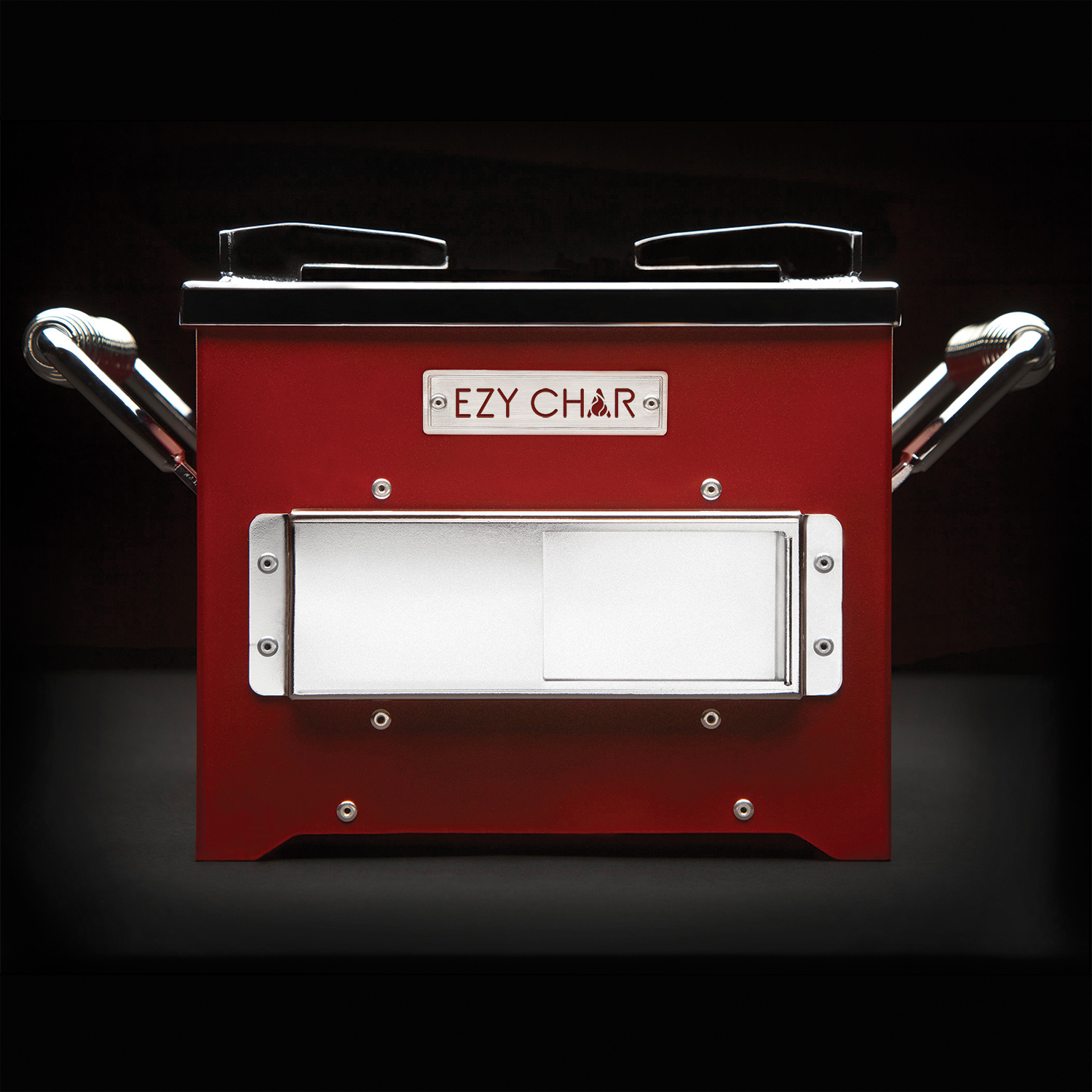Efficient cookstoves save money, time, and lives
Replacing open fires with fuel-efficient cookstoves dramatically impacts lives and reduces degradation of the environment. A simple, $25 efficient stove like the models above can reduce wood or charcoal use by 40 to 50% and toxic emissions by up to 70%. As a result, lives are saved, deforestation is slowed, and greenhouse gas emissions are significantly reduced.
While efficient stoves like these have been around for a long time, nobody has ever really figured out how to get them to the people who need them most in a scalable, sustainable and affordable way. This is where we stepped in and said, “We can build distribution and sales businesses that are locally led, provide the lowest cost, highest value product available and are self-sustainable through sales revenue.” That’s a social business in a nutshell—profitable and self-sustaining, but unrelentingly focused on providing products and services that are amazingly impactful and high-value.
The business model was built around highly scalable, locally managed last-mile supply chains. These market-based systems ensure an efficient, functional, and effective network of local market participants who are motivated to sustain and enhance the system over time. Community members buy stoves from other community members who make a small profit on the sale and thus have an interest in making sure customers are satisfied. Local competition drives resellers to keep prices low and to provide good service to their customers. In 2012 we branded that business concept EzyLife (try translating “Paradigm” into Swahili), and added other high impact products like solar lights, water filters and agricultural inputs to the product line. While it’s still early in its growth trajectory, EzyLife is beginning to prove that social business models are viable and effective.



